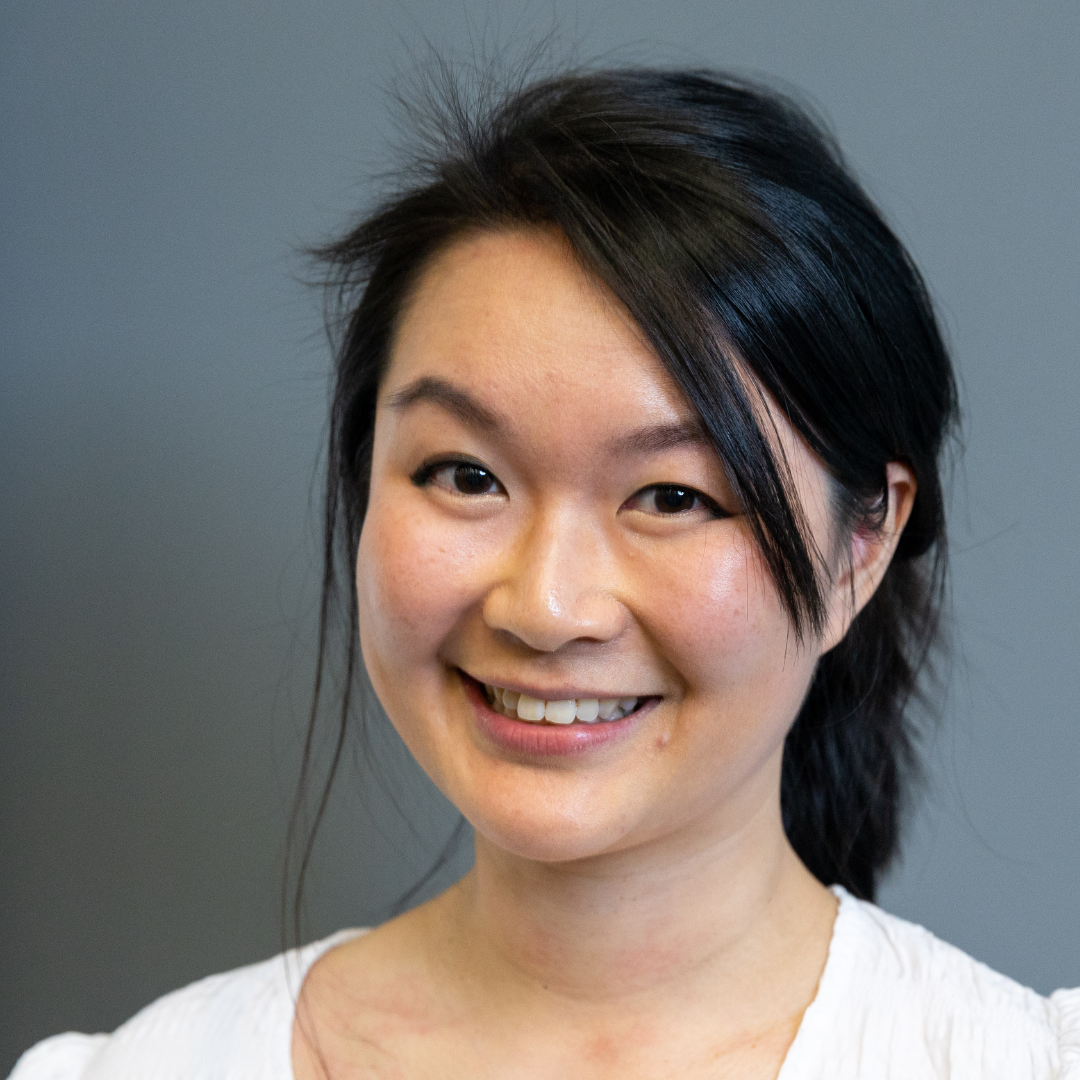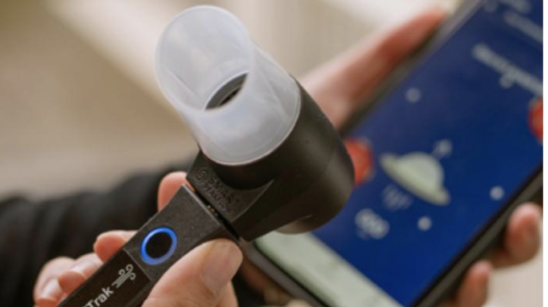
Imagine a future where you wake in the morning and your smart phone beeps with your daily asthma forecast. Senior research fellow Dr Amy Chan is working towards making that a reality.
Amy, who is based at the School of Pharmacy at the University of Auckland, is currently leading a study to develop an asthma attack prediction tool. For the first phase of her study, she will recruit 300 New Zealanders with asthma and then gather a range of data using a suite of technologies including FitBits, Smart Inhalers, Bluetooth peak flow meters and an app that measures coughing overnight. This data will be analysed to understand the most important factors in predicting an asthma attack and then developed into an accessible tool.
Amy’s interest in better predicting and managing asthma is driven by her own experiences. “I was the kid that couldn’t play with my cousins, because I had to be on a nebuliser. I was always on the sidelines on athletics day,” she remembers. “From a young age I wanted to cure the world of asthma.”
Inspired by the hospital pharmacists she saw during trips to pick up specialist medication, Amy trained to be a clinical pharmacist. Her desire to understand more about asthma, then led into research and a PhD involving digital technology and asthma: two interests that have shaped her research career. Her work, both for her PhD and later at the University College London, revealed how digital technology could both reduce the risk of asthma attacks and improve the overall quality of life for people with asthma.
“People sometimes question the value of technology in managing asthma. But my response is that technology allows us to detect changes in our bodies that may be too small for a human to notice but could be important indicators of an oncoming asthma attack,” Amy explains. “If we can detect these changes more quickly, we have a better chance of managing asthma.” Technology has also been shown to greatly improve how people use their medications, with smart inhalers that send out reminders particularly effective in encouraging regular use.
Amy is aware that expense can be a drawback of health technology, but she argues that prevention is often cheaper than hospitalisation. “One hospital admission can be the equivalent of several smartphones, so it is well worth it,” she says. As part of her current study, she has a health economist looking at the costs and savings involved with asthma and the use of technology.
Amy remains motivated by her childhood dream to cure asthma, but now she sees this as a joint effort. “It’s exciting to use my skills to find another piece in the puzzle, and to hopefully make discoveries that others can build on. The process is really enjoyable. I get to work with a wide range of other people; computer scientists, software engineers, patients and we all bring something to this work.” She says the support of mentors has been instrumental in her work, and names Professors Peter Black and Rob Horne as key influences.
If you are interested in being involved in Amy’s current research, she is looking for people aged 12 to 65 years old who have experienced an asthma attack in the last year. You can email her at: a.chan@auckland.ac.nz




